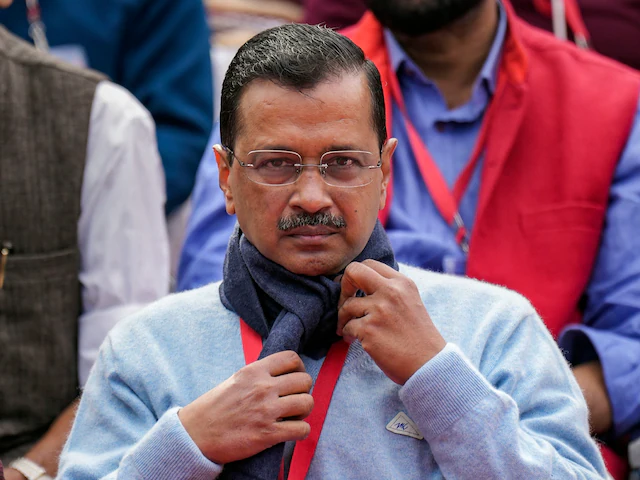Both of them have been implicated in the same, now-revoked liquor policy case, which is currently under probe by CBI & ED. Yesterday, the same bench rejected Kejriwal’s plea to consult with his doctor in the presence of his wife Sunita Kejriwal.
Kejriwal’s style of governance and political strategies have been a subject of both praise and criticism. Some applaud his efforts to improve services and tackle corruption, while others criticize him for his confrontational style and clashes with the central government.
However, in case of any special and urgent treatment, it had further directed the formation of a medical board including a diabetologist and an endocrinologist from AIIMS since he is undergoing Type 2 diabetes.
Reportedly, Kejriwal was administered the insulin shot after a month when his sugar levels skyrocketed to an awfully high rate of 320 mg/dl.
Conversely, officials and Tihar jail authorities, in a report to Lieutenant Governer, asserted that Arvind Kejriwal had stopped taking insulin months before the arrest; as per the report, Kejriwal had explicitly stated that he had stopped taking it and after a medical assessment report from RML Hospital it found that he was not prescribed insulin in any form.
Furthermore, it also denied his claims of rejection of insulin throughout the treatment process in Tihar. The report went as far as to claim that Kejriwal had been deliberately consuming sugar and cholesterol items like mangoes, bananas, and pickles, among other things.
Kavitha Kalvakuntla, the other accused in the case, was allegedly a member of the South Group, which has purportedly paid the Aam Aadmi Party a staggering 100 cr. as a quid pro quo for acquiring major liquor licences in the national capital, and the aforementioned amount is said to have been used to fund the Goa and Punjab’s election.
Sanjay Singh, another MP from AAP, was arrested in October last year but was released on bail last month.
Arvind Kejriwal was apprehended earlier this month, which prompted nationwide outrage; the opposition emphasized the timing of the arrests, and AAP leader
Sandeep Pathak called it “an undeclared emergency-like situation.”
Last month, Congress spokesperson Rahul Gandhi, in a tweet on X, termed it as an act of undermining democracy, further saying, “ While capturing all the institutions including the media, breaking up the parties, extorting money from companies, freezing the account of the main opposition party was not enough for the devilish power, now the arrest of the elected Chief ministers has also become a common thing.”
Delhi court first heard the issue on 15 April but rejected Kejriwal’s release as the investigative agencies had not given their side of the argument by then. The court has scheduled to re-hear the plea on 29 April.
This is not the first instance of a Chief Minister getting arrested, the inception of this year began with the arrest of CM Hemant Soren, similar to money laundering allegations about land scams. Soren, like Kejriwal, had forebode such an arrest.
